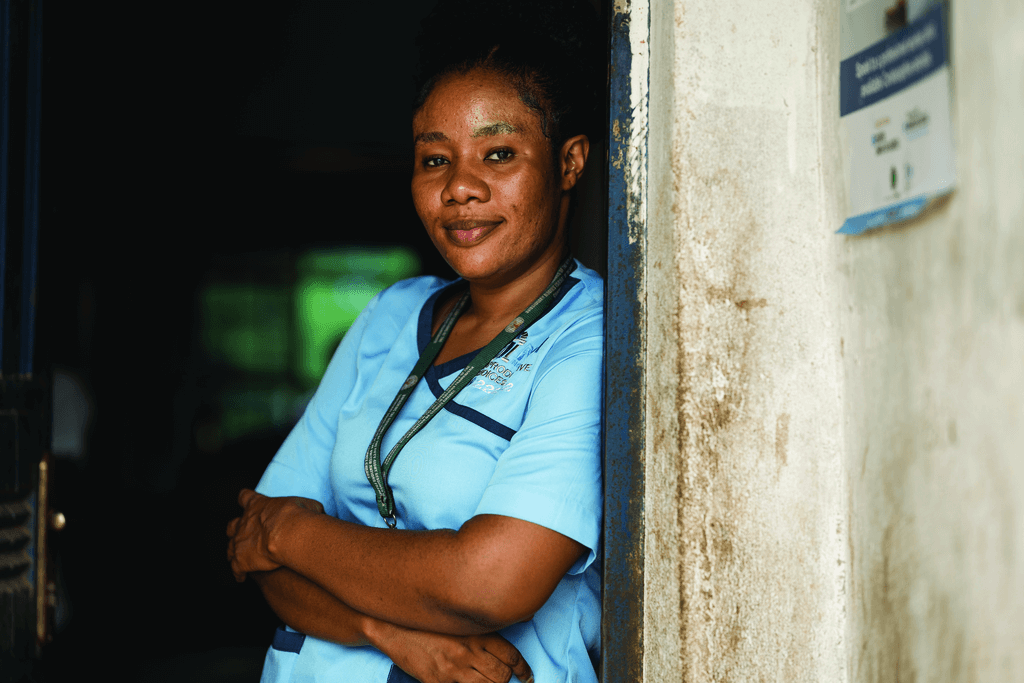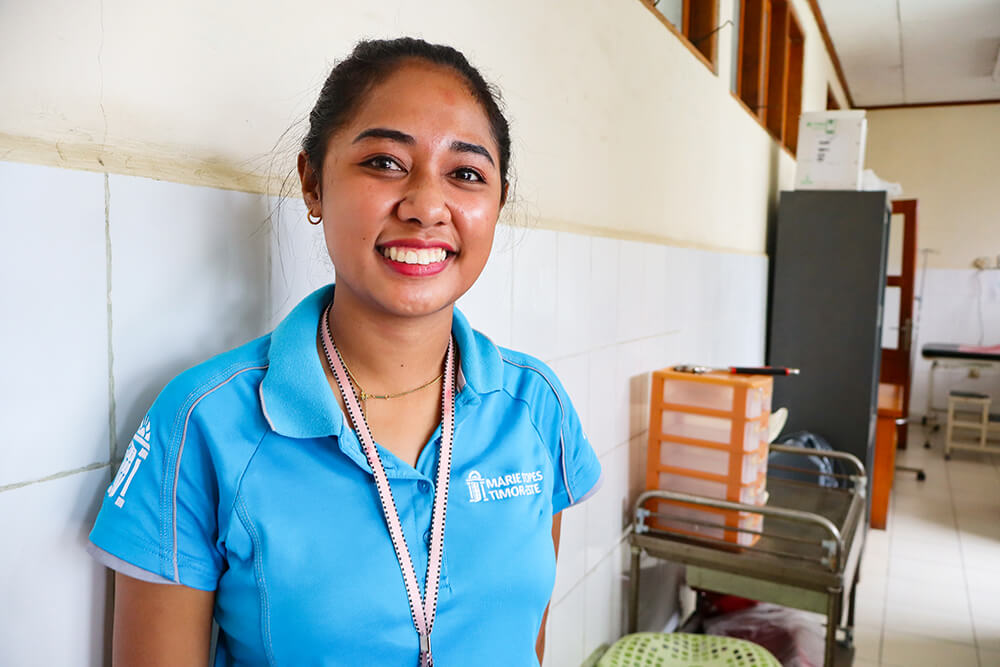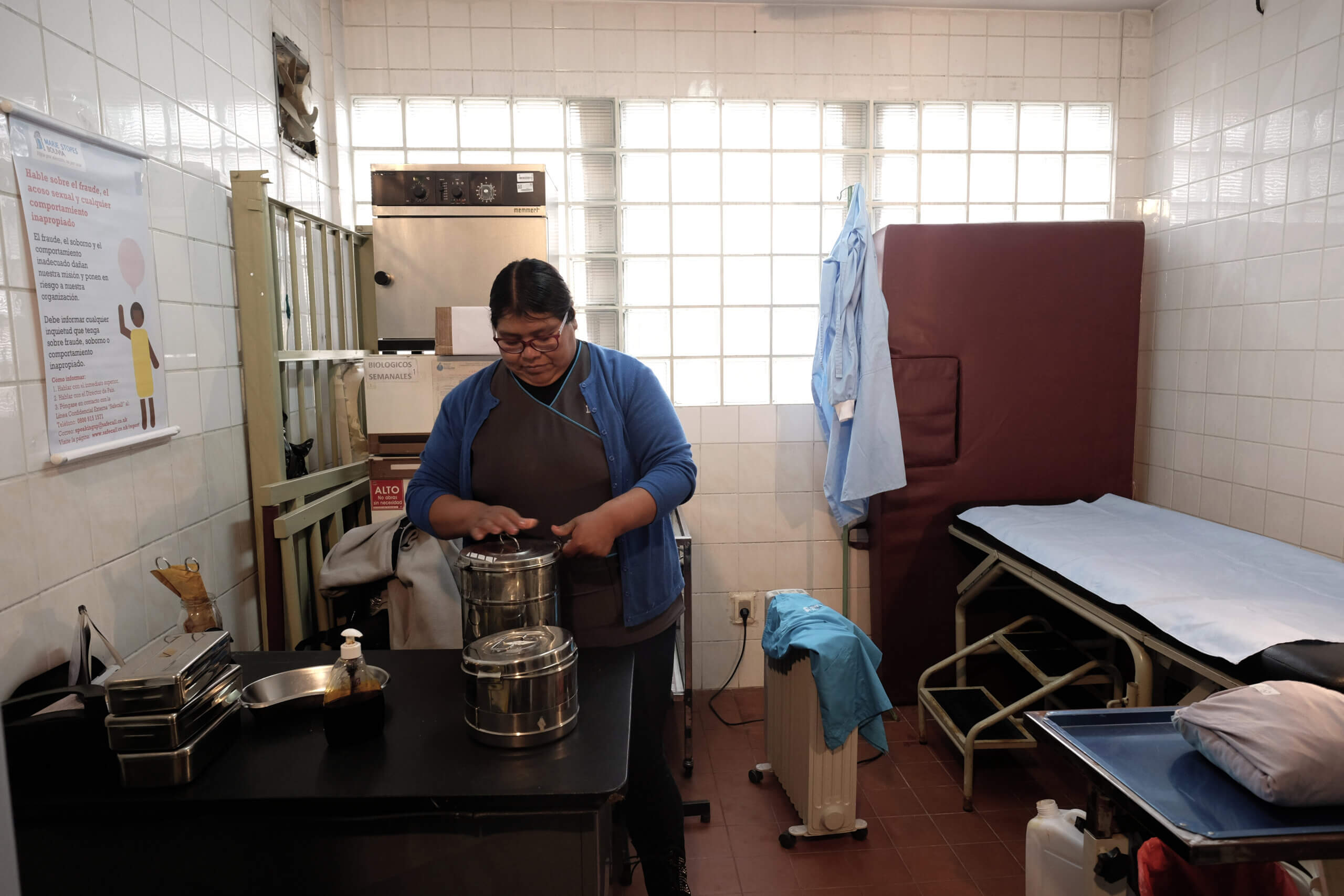Bringing safe abortion to women’s homes
When COVID-19 sparked a strict lockdown across Nepal, the MSI Nepal team knew they had to act.
At first, MSI centers were forced to close because doctors and clients alike couldn’t reach them. MSI worked in partnership with the government to get health workers and clients temporary exemptions from travel restrictions—but they didn’t stop there.
MSI Nepal initiated a discussion with government and non-government partners, leading to a historic decision: Women would be allowed to access medical abortion from their homes. As provider Hema Chettri explains: “Medical abortion at home expanded the scope for providing quality services to the women and girls who have been deprived due to restricted movement during the lockdown.”
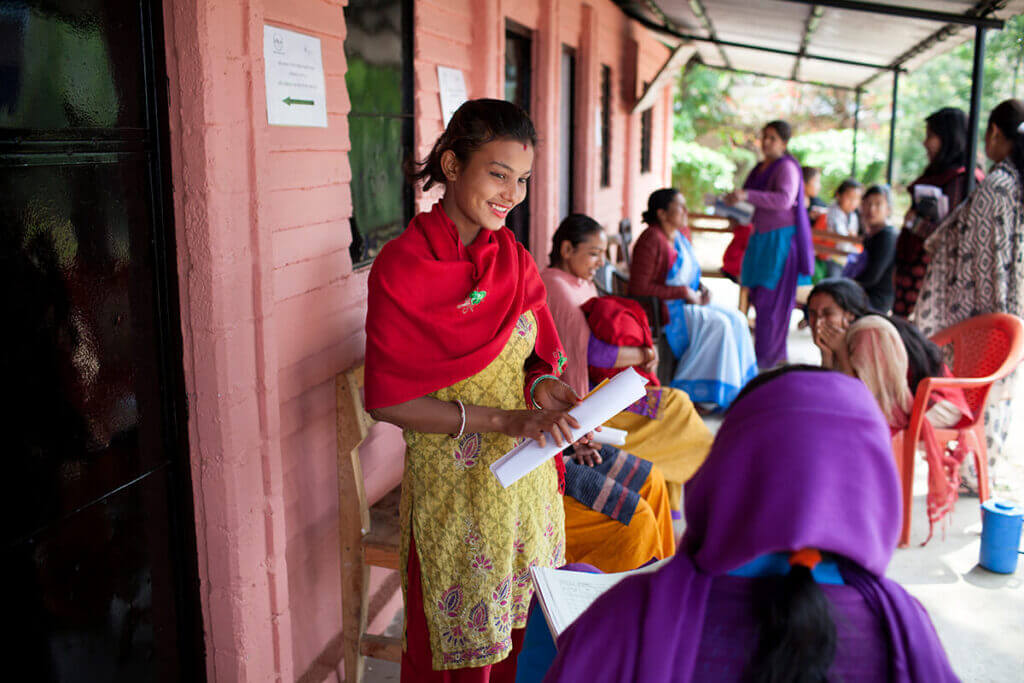
Changing policies to keep safe abortion available
Several policy changes needed to happen to make at-home abortion possible. First, trained service providers like Hema needed to be allowed to deliver medical abortion drugs to women’s homes. Then, trained pharmacists had to be allowed to store and distribute these drugs. Finally, new rules were needed to make it easier for MSI to provide health education information virtually and over the phone, providing support to women with questions about medical abortion.
Hema says that these changes have allowed MSI Nepal to reach even more women: “The pandemic created opportunity to serve women who were usually out of reach from our center.” At first, she thought that at-home medication abortion might only work for urban areas. But as she traveled in her community delivering these medications, she saw that women in her small town need at-home abortion care, too.
“The tears of happiness and “thank you” we receive from each client is what motivated us to serve more.”
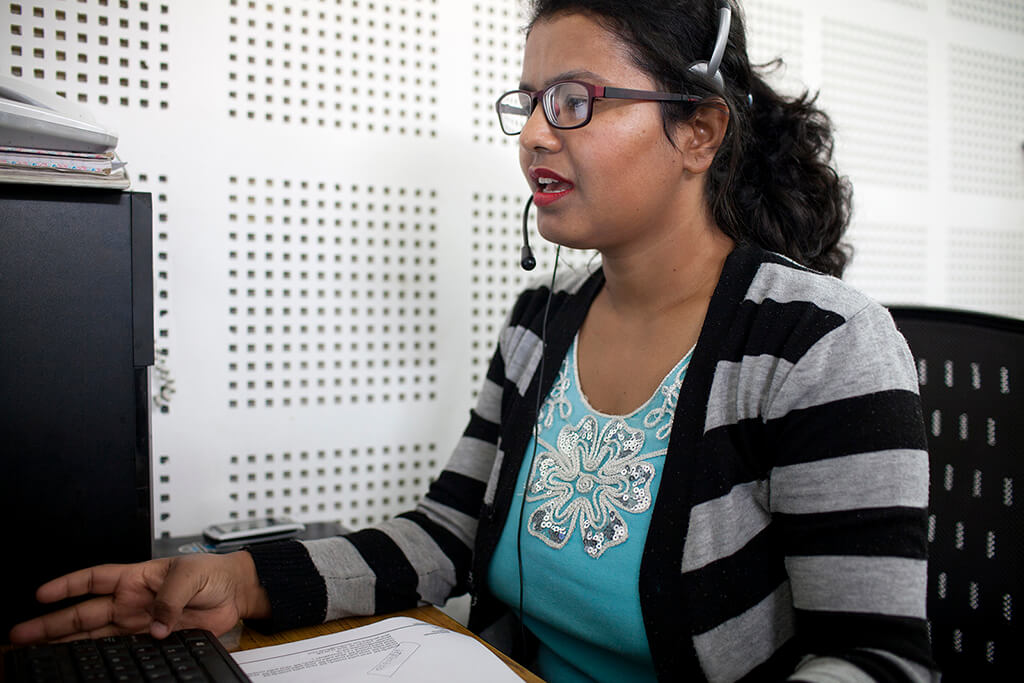
Turning crisis into opportunity
“We started medical abortion at home in September 2020 when we received inquiries from an average of 5 clients a month, while now, we are getting an average of 12 clients a month wanting medical abortion at home,” Hema says.
She’s seen why many women prefer accessing abortion care from home: “It has multiple advantages such as allowing a woman to receive expert advice within the safety and privacy of her home.”
Before lockdown, at-home abortion care would have struggled to receive approval. But the crisis of COVID-19 created an opportunity to innovate. Now, MSI Nepal is generating evidence to keep these services available after lockdown ends, ensuring that women will have access to safe abortion even when they live far from a health center.
Learn more about how we’re expanding access to telemedicine abortion >



